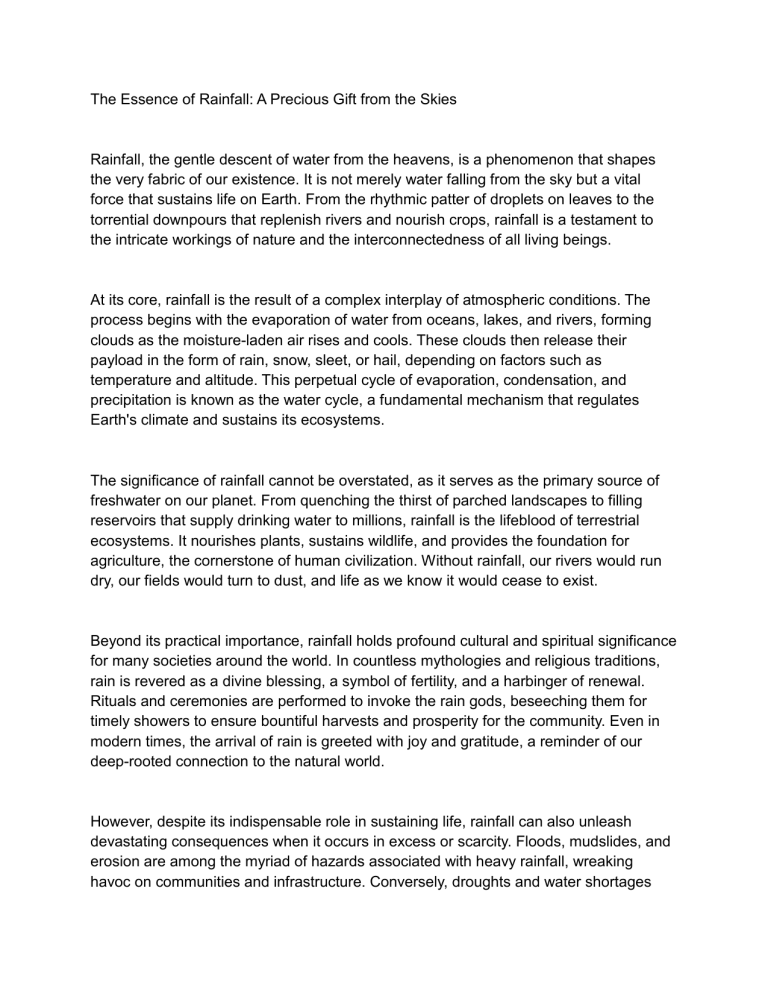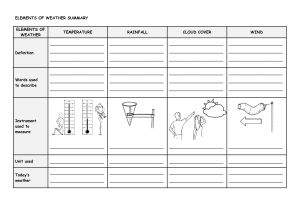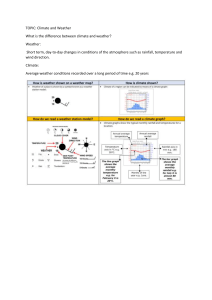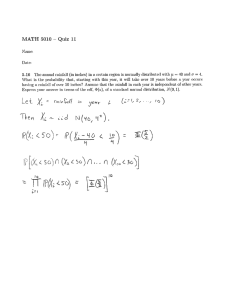
The Essence of Rainfall: A Precious Gift from the Skies Rainfall, the gentle descent of water from the heavens, is a phenomenon that shapes the very fabric of our existence. It is not merely water falling from the sky but a vital force that sustains life on Earth. From the rhythmic patter of droplets on leaves to the torrential downpours that replenish rivers and nourish crops, rainfall is a testament to the intricate workings of nature and the interconnectedness of all living beings. At its core, rainfall is the result of a complex interplay of atmospheric conditions. The process begins with the evaporation of water from oceans, lakes, and rivers, forming clouds as the moisture-laden air rises and cools. These clouds then release their payload in the form of rain, snow, sleet, or hail, depending on factors such as temperature and altitude. This perpetual cycle of evaporation, condensation, and precipitation is known as the water cycle, a fundamental mechanism that regulates Earth's climate and sustains its ecosystems. The significance of rainfall cannot be overstated, as it serves as the primary source of freshwater on our planet. From quenching the thirst of parched landscapes to filling reservoirs that supply drinking water to millions, rainfall is the lifeblood of terrestrial ecosystems. It nourishes plants, sustains wildlife, and provides the foundation for agriculture, the cornerstone of human civilization. Without rainfall, our rivers would run dry, our fields would turn to dust, and life as we know it would cease to exist. Beyond its practical importance, rainfall holds profound cultural and spiritual significance for many societies around the world. In countless mythologies and religious traditions, rain is revered as a divine blessing, a symbol of fertility, and a harbinger of renewal. Rituals and ceremonies are performed to invoke the rain gods, beseeching them for timely showers to ensure bountiful harvests and prosperity for the community. Even in modern times, the arrival of rain is greeted with joy and gratitude, a reminder of our deep-rooted connection to the natural world. However, despite its indispensable role in sustaining life, rainfall can also unleash devastating consequences when it occurs in excess or scarcity. Floods, mudslides, and erosion are among the myriad of hazards associated with heavy rainfall, wreaking havoc on communities and infrastructure. Conversely, droughts and water shortages can lead to crop failures, famine, and social unrest, exacerbating poverty and inequality. Climate change further complicates the picture, altering rainfall patterns and intensifying extreme weather events, posing unprecedented challenges to human society and the environment. In conclusion, rainfall is not merely a meteorological phenomenon but a fundamental force that shapes our planet's ecosystems, sustains human civilization, and inspires awe and reverence in the hearts of people around the world. As stewards of this precious resource, it is incumbent upon us to cherish and protect it for future generations. By embracing sustainable practices, mitigating climate change, and fostering cooperation among nations, we can ensure that the gift of rainfall continues to nourish and sustain life on Earth for millennia to come.



